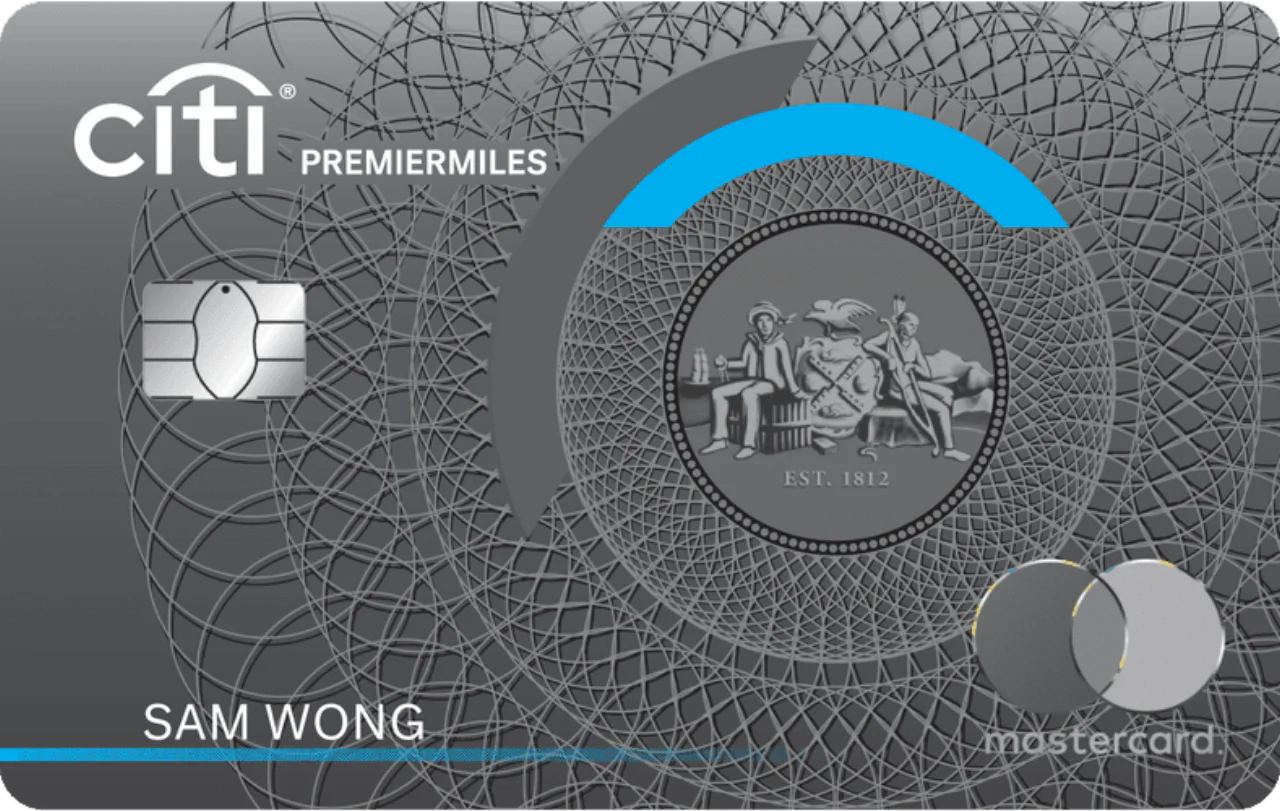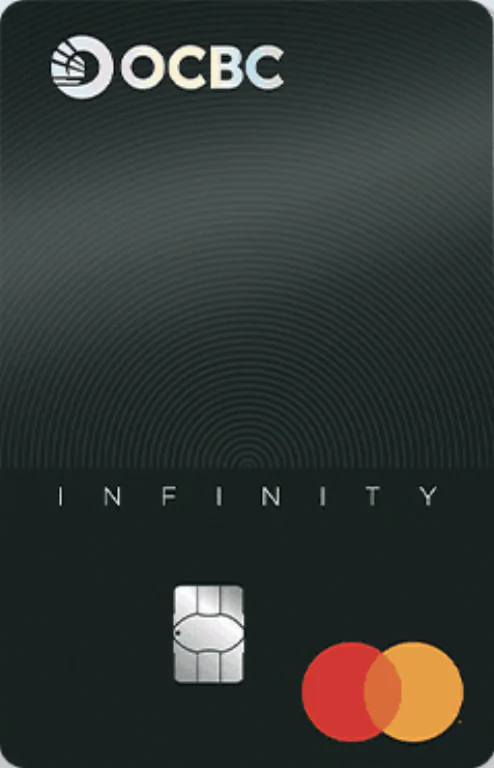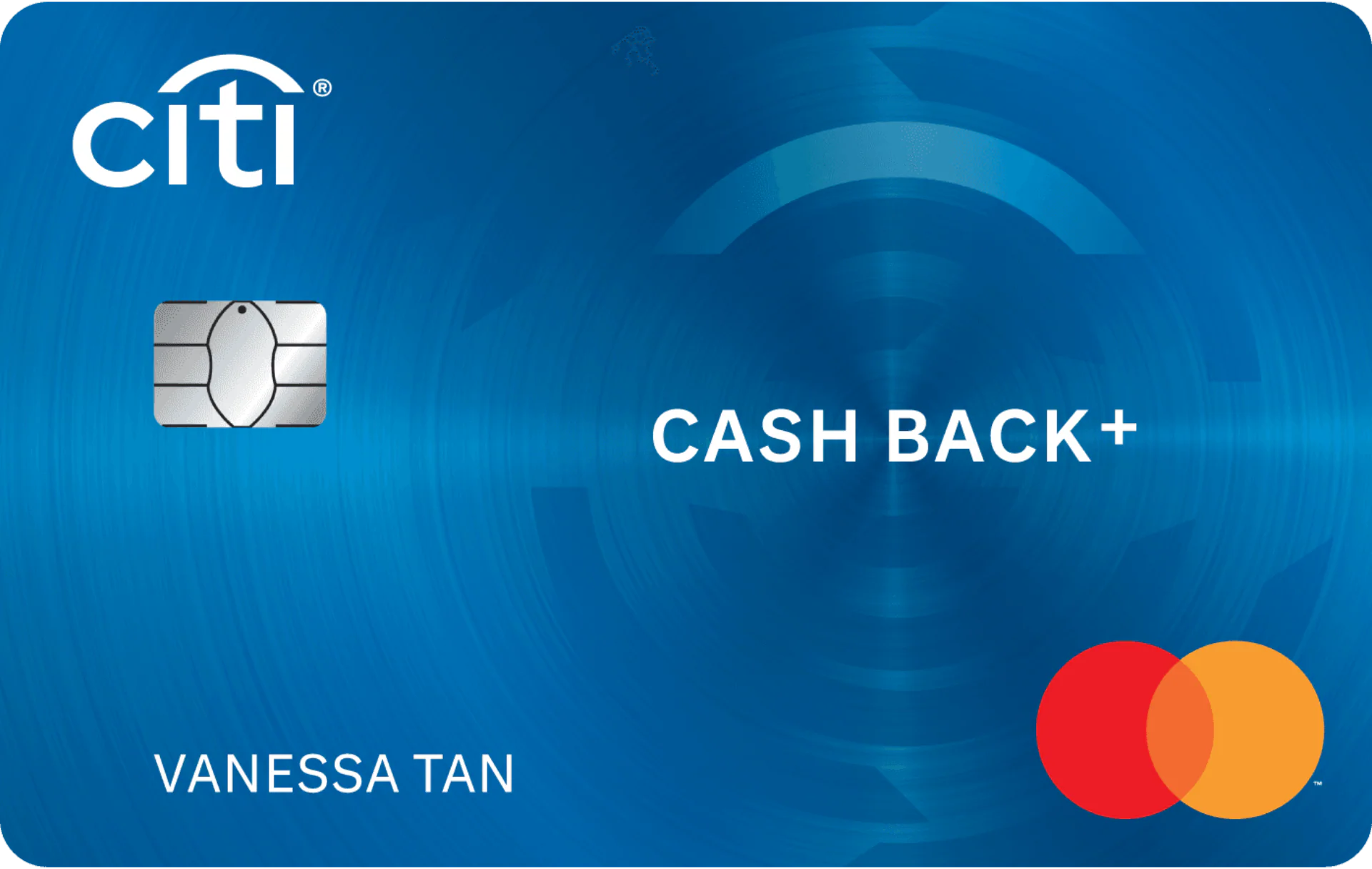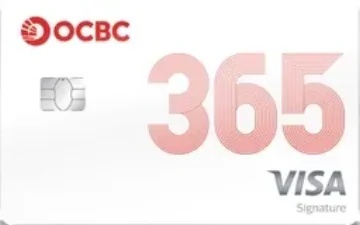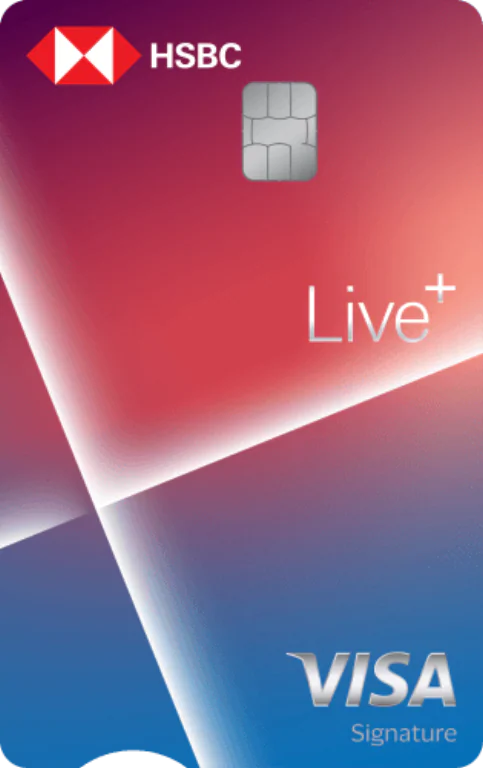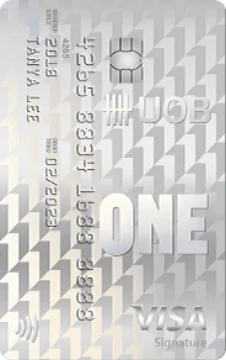What Happens If You Don't Activate A Credit Card in Singapore?
Updated: 9 Dec 2025
Thinking of leaving that new credit card not activated in its envelope? You might be surprised. You could still face the annual fee, miss out on rewards, and even impact your credit score down the line.
So, you've successfully applied for a credit card in Singapore, it's arrived in your letterbox, perhaps you've even peeked inside. But what happens if you, for whatever reason, don't activate it? Here's what happens.
In the short term, especially for credit cards with no annual fee, the immediate consequences might seem minimal. You could simply tuck the card away, never peeling off that activation sticker, and no one will likely stop you. The card issuer might send a few reminders nudging you to activate your account. Eventually, if you don't activate, the account will likely be closed due to inactivity.
However, the long-term implications of not activating your credit card can extend beyond a closed account. You won't avoid the initial dip in your credit score from the application, and if the card charges an annual fee, you won't dodge that either. And, of course, you'll never get to enjoy the perks and rewards your new card offers.
If you're having second thoughts about a new card, remember there are options besides letting it sit inactive or closing the account prematurely.
Here's what you need to know about what happens if you don't activate your credit card in Singapore.
» Read more: Are you making the most of your credit card points?
Find the best credit card deals in Singapore
Expand your financial freedom with the best credit cards in Singapore. Compare perks like cashback, offers and rewards at a glance, and sign up for a card that meets your needs.
Best Credit Cards in Singapore
The credit check will still happen
Remember that once you submit a credit card application in Singapore, whether you eventually activate the card or not, the bank or financial institution will still perform a credit check.
This is a standard procedure for lenders like DBS, UOB, and OCBC to assess your creditworthiness. A credit check involves reviewing your credit history to determine your ability to manage debt. A "hard credit check" specifically occurs when you apply for new credit, such as a credit card, and this type of inquiry is recorded on your credit report.
In Singapore, credit inquiries are considered by local credit bureaus, such as DP Credit Bureau, when calculating your credit score. While a single hard inquiry typically has a minor and temporary impact on your score, multiple applications within a short period can have a more noticeable effect.
Therefore, simply skipping the activation of a card won't erase the fact that the credit inquiry has already been made as part of your card application process.
You will still incur credit card fees, regardless
Here's a hard truth: even if you leave your new credit card untouched in its envelope, you aren't exempt from the relevant charges.
From the moment the card is issued to you, you become subject to its handling fees, including the annual fee if applicable. Ignoring these charges won't make them disappear, and missing their payment deadlines will. unfortunately, lead to late payment fees, further increasing your financial burden.
Furthermore, if you're planning an overseas trip and were hoping to use your shiny new credit card for spending, remember that activation is a necessary step.
Without activating your card, you'll be unable to make any transactions abroad, missing out on the convenience and potential rewards it offers.
» Read more: Can't pay your credit card bill? Here's what you can do.
Even then, you won't be able to use your credit card
It might seem obvious, but it bears repeating: if you don't activate your credit card, you simply cannot use it. This means you'll miss out on all the enticing introductory offers that come with new cards, such as bonus air miles or cashback upon meeting a specific spending requirement.
And like we mentioned earlier, this inaction is a poor financial move, as you'll still be liable for the card's annual fee while being unable to reap any of its benefits.
Timely activation is also a key step in building a positive credit history in Singapore, demonstrating responsible financial behaviour to lenders.
» Read more: Almost every purchase should be on your credit card, and here's why.
Long-term consequences if your credit card was never activated
Even if you avoid immediate fees on an unactivated credit card, there can be longer-term repercussions for your creditworthiness in Singapore.
Credit card issuers may decide to close accounts that remain inactive for a prolonged period, which may affect, halt, or even reset the length of your credit history, a factor lenders consider when assessing your reliability.
Furthermore, closing an unactivated card can negatively impact your credit utilisation ratio, which is a significant component of your credit score. This ratio represents the amount of credit you're using compared to your total available credit.
A lower credit utilisation ratio of 1 is generally better, ideally below 30% of your total credit limit. Losing access to a line of credit, even one you haven't used, can make it harder to maintain this healthy ratio if your other credit accounts have balances.
Let’s look at a potential timeline of how prolonged inactivity could impact your credit scores:
-
After 6-12 months of no activation: The issuer may send warnings about potential account closure.
-
After 12-24 months of no activation: The account may be closed by the issuer due to inactivity.
-
Impact on credit history: Closure of an older, unused card can reduce your average credit age.
-
Impact on credit utilisation: Loss of the credit limit can increase your overall credit utilisation ratio if you have other active cards with balances.
That’s why we recommend maintaining a credit utilisation ratio below 30% for a good credit score in Singapore.
» Read more: Fastest ways to improve your credit score in Singapore.
If you don't want to keep your card inactive...
1. Change your credit card
That feeling of buyer's remorse after receiving a new credit card isn't uncommon. Perhaps the rewards aren't quite what you expected, or the annual fee seems steeper than initially thought. Rest assured, you have options beyond simply leaving the card untouched.
Consider reaching out to the card issuer to explore options such as downgrading to a card with a lower or no annual fee or switching to a different card within their range that better aligns with your spending habits and preferences.
In some cases, you may even be eligible to request a waiver of the annual fee, particularly if you're a long-standing customer.
» Read more: Should you change your credit card?
2. Set a hard spending limit
The fear of overspending with a new credit card is understandable, but it doesn't mean you have to forgo its benefits entirely. Knowing how to manage your spending proactively is key.
You can proactively manage your spending by setting a hard credit limit with the issuer, similar to setting transfer limits for your bank accounts.
Utilising budgeting apps that are popular in Singapore can also provide a clearer, more conscious view of where your money is going, helping you stay within your means.
Many card issuers also offer the option to temporarily block or freeze your card through their mobile app, giving you greater control over when and how to use it. If you've received a credit card that was never activated and you're concerned about future use, this can be a helpful feature.
Furthermore, for regular, predictable expenses, you can set up an automatic payment cycle to ensure timely repayments and avoid interest charges. If you ultimately decide the card isn't for you, you might also want to explore how to cancel a credit card that was never activated.


